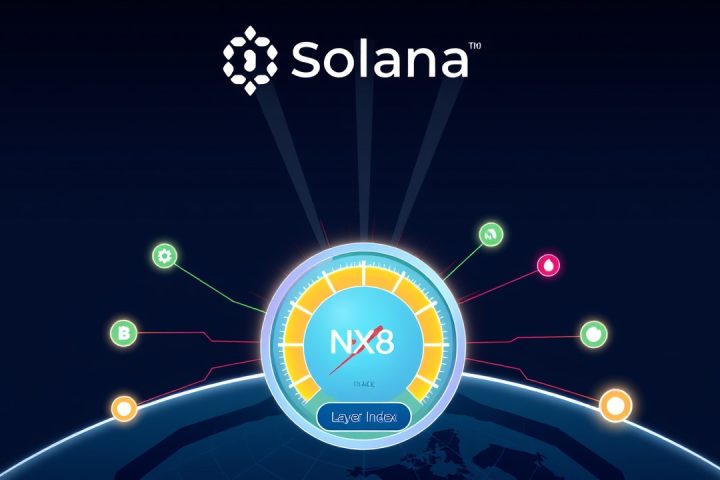Vitalik Buterin’s Opposition to State Expiry
Vitalik Buterin, the co-founder of Ethereum, has voiced his opposition to the state expiry concept that has generated significant discourse regarding the blockchain’s data management challenges. This commentary came following a supportive discussion on the social media platform X, where the notion of state expiry was advocated as a potential solution to Ethereum’s escalating data storage problem.
Understanding Ethereum’s State
“Ethereum’s state” encompasses essential information for tracking account balances, token ownership, smart contracts, and other critical data. As Ethereum has evolved, the state has expanded considerably due to the proliferation of accounts and contracts, which has placed increasing demands on the network’s resources, pressing concerns related to both stability and scalability.
Arguments for and Against State Expiry
Supporters of state expiry have argued that a staggering 80% of the existing data may be obsolete yet still occupy valuable storage resources. Their proposal involves the elimination of outdated and unnecessary state information after a designated time, aiming for greater efficiency and scalability of the Ethereum network.
In contrast, Buterin advocates for a different solution, suggesting that nodes adopt a system where they can selectively store only portions of the state, thereby avoiding the need for consensus-layer modifications that state expiry would require. He believes this approach allows the network to retain its full state while providing necessary flexibility without altering Ethereum’s foundational rules. The distinction is crucial, as he indicated that implementing state expiry could disrupt the entire network, whereas the use of “partial nodes” would not.
Buterin’s Vision for Ethereum
Furthermore, Buterin has outlined his forward-looking vision for Ethereum, emphasizing the importance of an ecosystem that is both secure and capable of adapting to future technological innovations. He has alluded to the potential of quantum computing to enhance transaction speeds, reinforcing that his proposal for partial nodes aligns with his broader goals for the Ethereum blockchain.
Ethereum’s Competitive Landscape
As competition intensifies with other blockchain platforms, like Solana and BNB Chain, Ethereum’s capability to support diverse initiatives—such as Real World Asset (RWA) tokenization and meeting demands from institutional investors—positions it as a candidate for robust growth. Prominent investors like Tom Lee have recognized Ethereum’s resilient infrastructure, which has maintained an impressive uptime since its inception. This sustained reliability, according to Lee, could propel Ethereum’s price to exceed $10,000 in the future.
Conclusion
Buterin’s insights and proposals underscore the ongoing challenges and opportunities that lie ahead for Ethereum as it navigates its scaling needs in a rapidly evolving cryptocurrency landscape.




